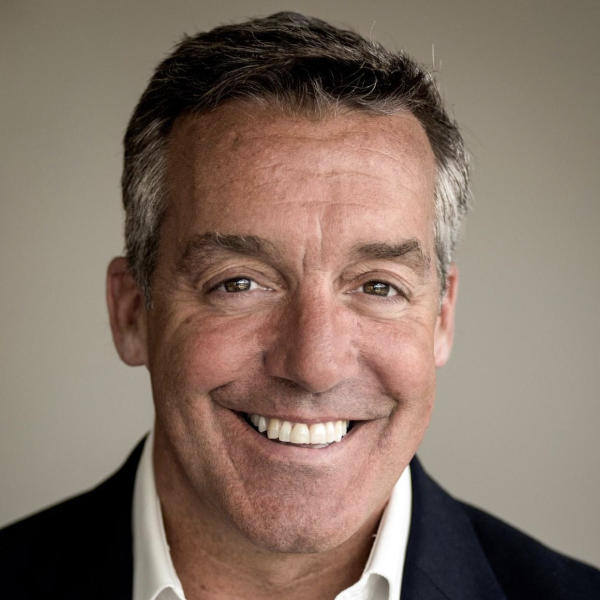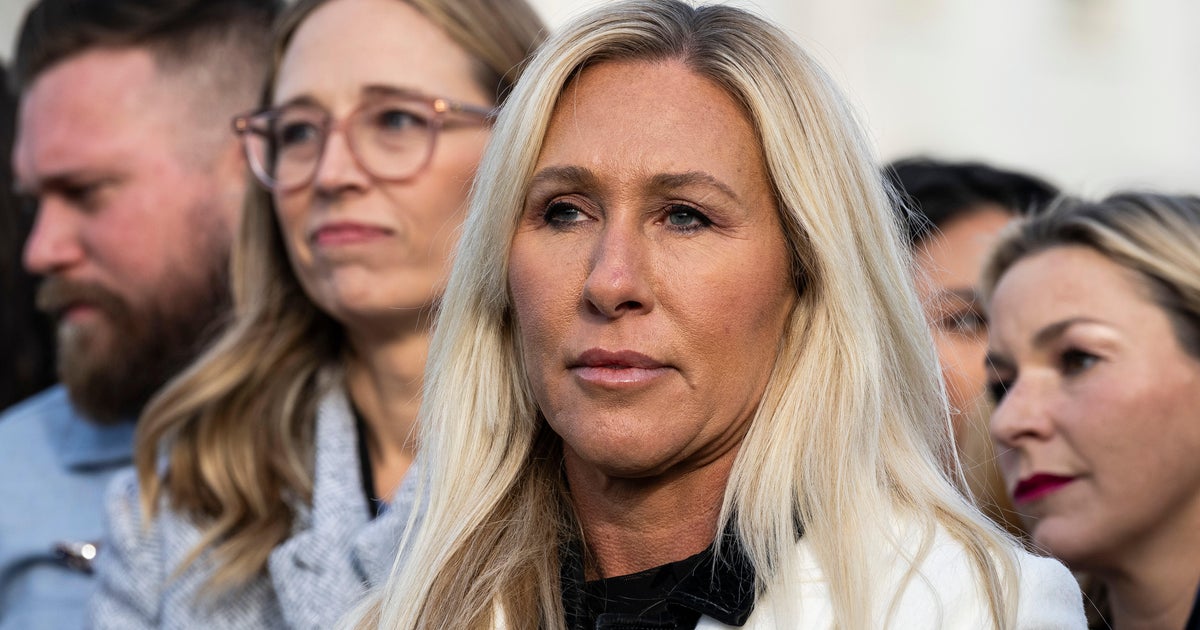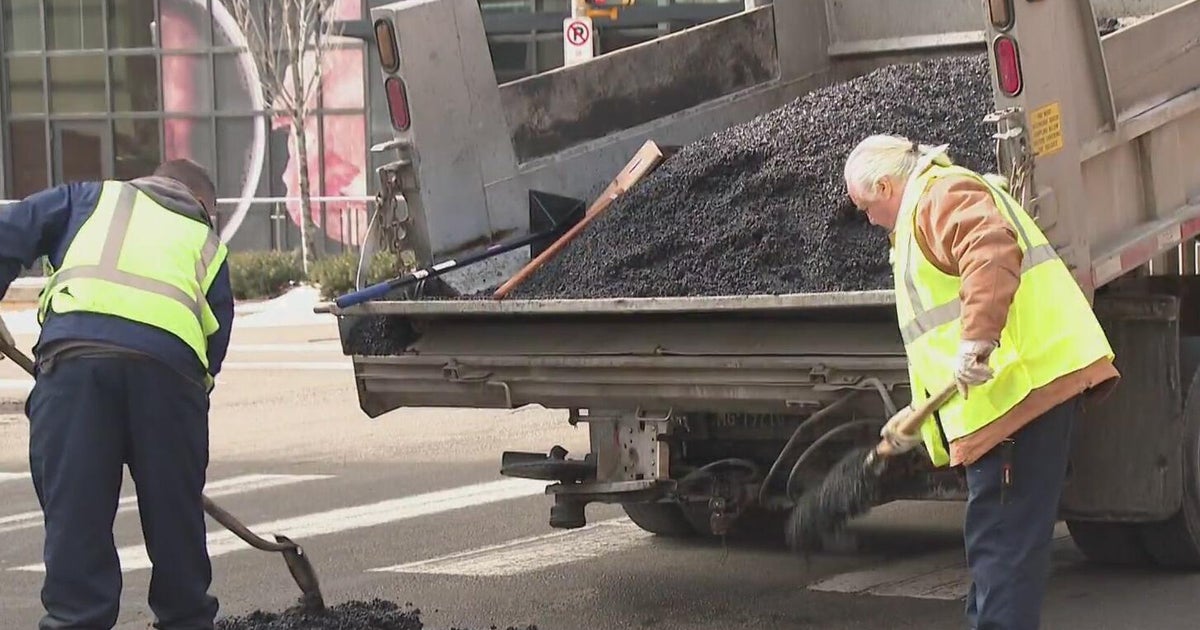Oxford scientists say a vaccine may be widely available by September
In the global race to find a vaccine, Oxford University just jumped way ahead of the pack. Human testing is already underway, and scientists say they're hopeful a coronavirus vaccine will be widely available by September.
Technology the lab had already developed in previous work on inoculations for other viruses, including a close relative of COVID-19, gave it a head start.
"Well personally, I have a high degree of confidence about this vaccine, because it's technology that I've used before," said Sarah Gilbert, a professor of vaccinology at the university.
The vaccine takes the coronavirus' genetic material and injects it into a common cold virus that has been neutralized so it cannot spread in people. The modified virus will mimic COVID-19, triggering the immune system to fight off the imposter and providing protection against the real thing.
The experimental vaccine has reportedly worked in protecting rhesus macaque monkeys that were exposed to heavy quantities of COVID-19.
In the human trials, 550 participants are given the vaccine, and another 550 receive a placebo.
"It feels like finally, I am able to do something…" said Oxford scientist and trial volunteer Elisa Granato. "This was a way for me to contribute to the cause."
Wasting no time, the largest drugmaker in the world, based in India, will start producing millions of the Oxford vaccines by next month, even before they've been proven to work.




